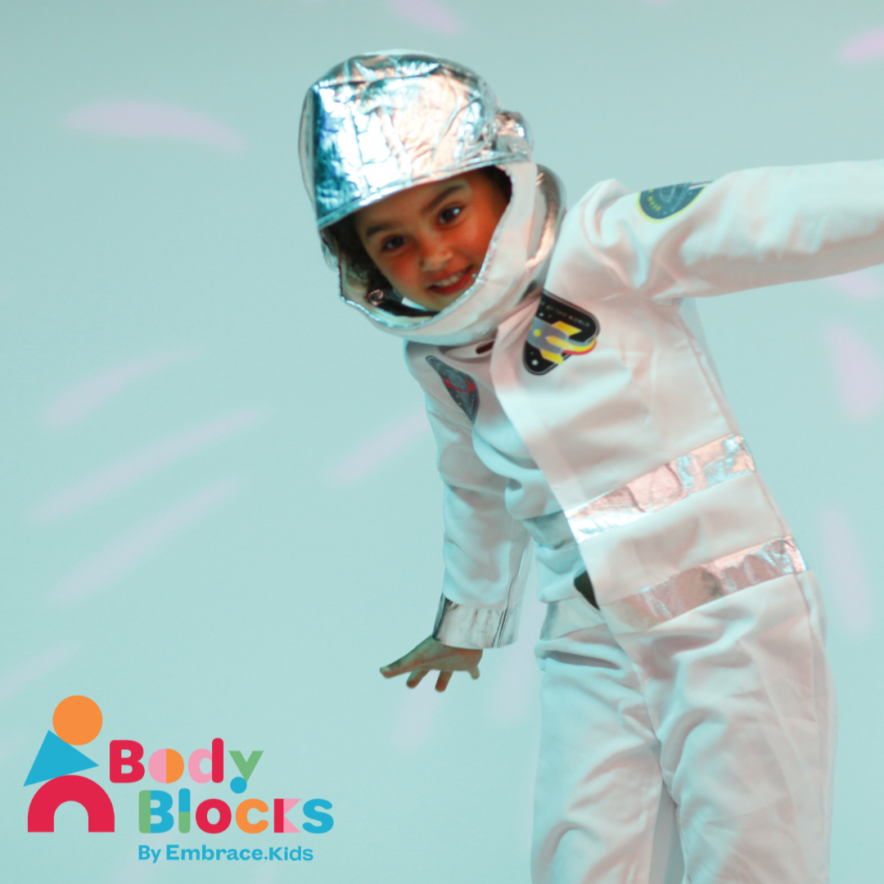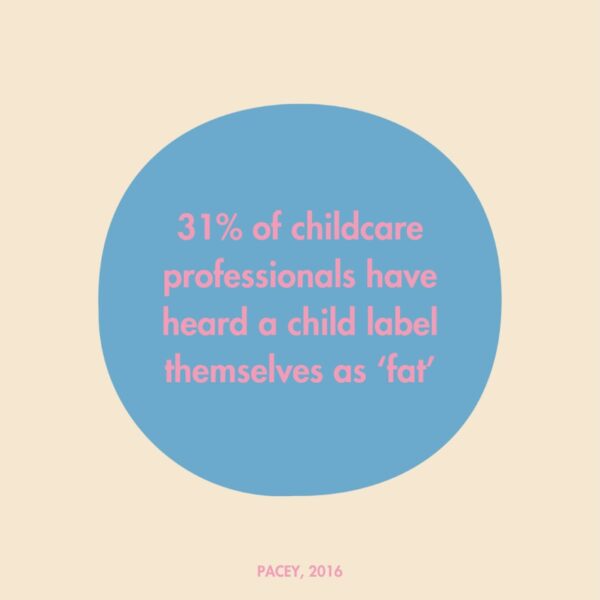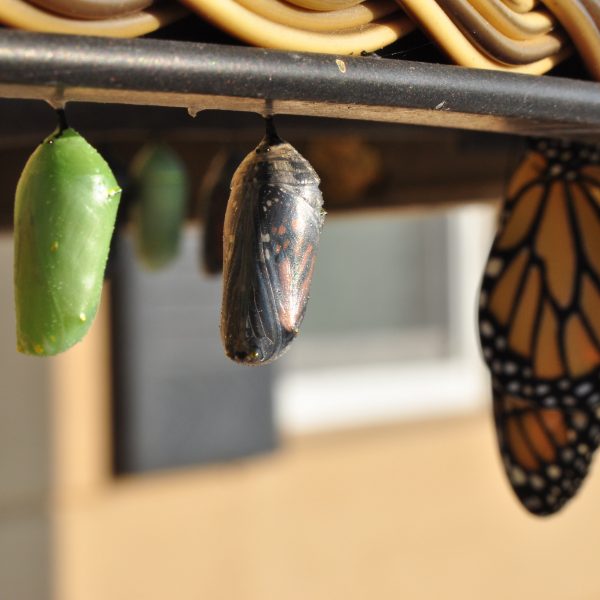Three ways to help children build a positive relationship with food

Are ham sandwiches ok? What about fairy bread on a special occasion?
Early childhood education and care (ECEC) settings are governed by the National Quality Standard (NQS) which has guidance about healthy eating for children, and by the Education and Care Services National Regulations, which states that an approved provider must ensure that policies and procedures are in place for nutrition, food and beverages, and dietary requirements (regulation 168) and take reasonable steps to ensure those policies and procedures are followed (regulation 170).
There are also a number of dietary guidelines and programs operating at a state and federal level which provide ECEC services with ideas, guidance, support and resources when it comes to offering healthy choices for children.
That being said, there are some aspects of a healthy approach to food which are discussed less often, one of which is considering how the language – both verbal and non verbal – that educators use around food influences children and their relationship with food
Recent debates about food in other education settings such as schools have placed this issue more strongly into the spotlight.
Internationally recognised body image expert Dr Zali Yager, co-executive Director at The Embrace Collective has shared her thoughts on the issue.
“There has been so much talk in the media recently about food in education settings. The debate makes it hard to know exactly what we should be doing and saying in early childhood settings to keep children healthy and happy,” Dr Yager said.
“However, from the perspective of supporting our kids to develop a positive relationship with food, the answer is easy – the main thing we need to stop ‘feeding’ our kids is judgement and shame around food.”
When children feel guilt and shame about what they’re eating, it can eventually lead to hiding foods, eating in secret, binging, restriction, food aversions, and other disordered eating attitudes and behaviours that can lead to a lifetime of mental health challenges.
So here are three practical ways to build children’s positive relationships with food:
Avoid judging children’s lunchboxes or commenting on what and how they are eating
“If children bring their own food to your service or centre, it can be tempting to comment on their lunchbox contents. However, we don’t know how the food they bring fits into the overall balance of what they eat in a day or over the week,” Dr Yager said.
“When we criticise what has been packed, or forbid children from eating foods that are judged as being ‘unhealthy’, this can not only impact on the child whose lunchbox is in question, but also the others who are observing and learning from the interaction.”
“Instead, you can try asking children how foods make them feel (for example, “What can we choose to eat that is going to power our brain for learning today?”), talk about the texture of foods (“Who has something crunchy in their lunchbox – let’s all crunch together!”) or encourage the use of the five senses while children are eating (“Ooh, I smell some lovely things in our lunchboxes today – who has something that smells yummy?”)”
Steer clear of categorising foods into ‘good’ and ‘bad’
“As concrete thinkers, young children can think that labelling foods as ‘good’ or ‘bad’ implies a moral judgment associated with eating them,” she continued.
“This can lead to feelings of guilt, shame or anxiety, especially for children who might have eaten foods labelled as ‘bad’ recently. There is no need to sort or label foods as ‘good’, ‘bad’, ‘junk food’ or ‘healthy food’, and no evidence to show that this supports children to make food choices that help keep them healthy.”
“Food is part of our life, and we eat for a wide range of reasons. Instead of sorting foods into ‘good’ and ‘bad’ categories, we can sort them into breakfast, lunch and dinner foods, or into crunchy, soft, sweet or savoury foods.”
Ditch the diet talk and comments about restricting food to change our body size and shape
“Food is a big part of our lives, and we talk about it a lot,” Dr Yager said.
“However, if we are talking about our latest diet in front of young children, this can introduce the idea that they can and should restrict or change what they eat in order to change their body.”
“This early role modelling around food is critical to building children’s positive relationship with food and their body – and they are soaking up the messages we are sending out even when we don’t want them to! To be safe, try to make your centre a ‘diet-talk free zone’. Changing the subject in the tea room, the classroom and the playground can help to keep children healthy and have a positive impact on other educators as well.”
“The things we say and do around kids in relation to food, movement and appearance are important in building their sense of self, their body image and their wellbeing. If we can start to become more aware of, and start to change the way we speak about bodies, food and health, it can make such a difference to the children in our care.”
Additional resources
To support ECEC educators in building more positive food environments, Dr Yager and the team of experts at The Embrace Collective have put together Body Blocks by Embrace Kids.
This evidence-backed, engaging, short self- guided professional learning program has received funding from the federal government and is FREE to access in 2024.
Body Blocks by Embrace Kids has seven five minute videos, a series of printables, some handouts and other materials for parents. The online program, Dr Yager said, “has everything you need to support the kids in your care to embrace their bodies, and build better body image from the beginning.”
For more information, visit The Embrace Hub and follow the links to register and have Body Blocks by Embrace Kids delivered straight to your inbox.
Dr Yager is the Co-Executive Director at The Embrace Collective, where she works alongside 2023 Australian of the Year Taryn Brumfitt to bring science and creativity together to create evidence- based programs and resources for impact at scale.
She has a Health and Physical Education background and spent almost 20 years in research and teacher education, and is currently Adjunct Associate Professor in the Institute for Health and Sport at Victoria University.
Zali co-authored the Embrace Kids book with Taryn, and was the body image expert advisor on the EMBRACE KIDS film. She is ridiculously passionate and driven by the desire to create a safer body image environment for the next generation, and especially for her three kids (aged 11, 9 and 9).
Popular

Practice
Provider
Quality
Research
Workforce
New activity booklet supports everyday conversations to keep children safe
2025-07-10 09:00:16
by Fiona Alston

Quality
Practice
Provider
Research
Workforce
Honouring the quiet magic of early childhood
2025-07-11 09:15:00
by Fiona Alston

Quality
Practice
Provider
Workforce
Reclaiming Joy: Why connection, curiosity and care still matter in early childhood education
2025-07-09 10:00:07
by Fiona Alston












